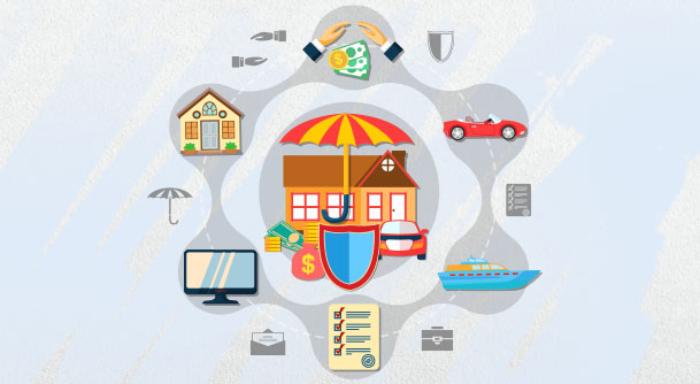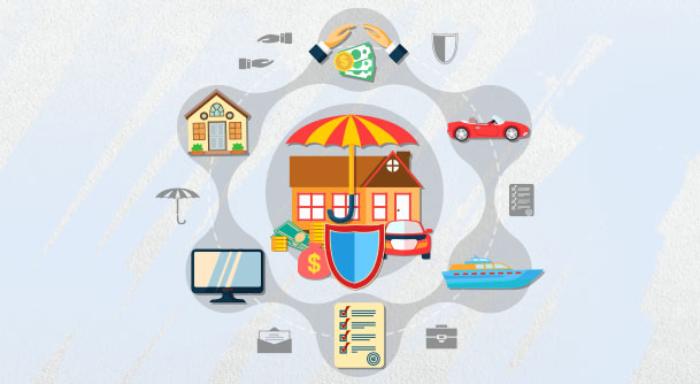Should I Take Term Plan If I have any Critical Illness?
Blog Title
1501 |
6/18/24 4:30 AM |
When it comes to term insurance, every individual policy is different. This is because every individual policyholder is a different person with their own financial dynamic. Ideally, your policy should be tailored to you. Your premiums and sum assured depend on various factors like your age, income, and health condition.
It is commonly understood that if you are older, or if you are not in the best of shape, then you may have to pay higher premiums. But what if you added the burden of a critical illness to the mix? If you want to know whether you can get term insurance even after being diagnosed with a serious illness, know that you’re not the only one. This is a situation faced by numerous people from all walks of life. Here’s a look at the basics of term insurance and what you can expect if you have been diagnosed with a critical illness.
What is Critical Illness?
A critical illness is any health condition or disease that requires intensive medical care. Conditions that are classified as critical illnesses are generally life threatening and debilitating, preventing the patient from living a normal life. This means that any person diagnosed with a critical illness will be unable to work regularly and will suffer a loss of income due to this fact.
Note that critical illnesses are not necessarily terminal. Critical illnesses are highly problematic and dangerous but can be dealt with if the patient receives proper medical care. On the other hand, terminal illness is a disease or health condition that is so severe that it guarantees the patient’s eventual death. Generally, a critical illness may become terminal only if left untreated.
Purpose and Importance of Term Insurance
In the event of your untimely death, term insurance ensure that your loved ones are taken care of without any hassles. A term plan is the simplest type of life insurance, since it only covers you for a precise period, called the policy term. If you die while your term life insurance policy is in effect, the death benefit will be paid to your beneficiaries.
The death benefit might be invaluable to your family’s financial stability. It can help your family cover their day-to-day living costs, clear debts and pay for future expenses like higher education or marriage.
Is it Possible to Purchase Term Insurance if You Have a Critical Illness?
The short answer is yes, but there are conditions. A critical illness will undoubtedly increase your premium cost. Moreover, insurers may be reluctant to provide insurance for someone who is already suffering from a critical illness. Remember that the policyholder’s death is the risk that is being covered by the insurer. So, a person who is unwell is a bigger risk for the insurance company when compared to a healthy individual. A critical illness will drastically increase the risk factor for the insurer. Here’s how premiums are typically adjusted in such cases:
- Severity and Type of Illness: The more severe or life-threatening the illness, the higher the premium. For instance, a controlled case of diabetes might result in a moderate premium increase, while a recent cancer diagnosis could lead to a substantial hike or even a complete denial.
- Age and General Health: Younger applicants with a critical illness might still secure more favorable rates compared to older individuals. General health factors, such as weight, blood pressure, and lifestyle habits, also play a role.
How Does Having Critical Illness Affect Your Term Insurance?
The most obvious way a critical illness affects your term insurance is the premium. When applying for the plan, the insurer will regard you as a higher risk client. This means that the insurer might either deny you a policy or charge you significantly more in premiums to cover for the risk. We’ll explain this with some examples.
Consider Rajesh, a 45-year-old with well-managed Type 2 diabetes. When applying for term insurance, Rajesh is required to undergo additional tests to assess his blood sugar control. Because his diabetes is well-controlled with no complications, the insurer offers him a policy at a slightly higher premium when compared to a healthy individual of his age.
On the other hand, Sunita, 50, was diagnosed with breast cancer two years ago and is currently in remission. Given the higher risk associated with her condition, she finds that most insurers either reject her application or offer a policy with an exponentially high premium. After shopping around, Sunita may find an insurer willing to cover her with an added clause that excludes any cancer-related claims for a set period.
Eligibility Criteria for Term Insurance
Most insurance companies conduct a medical examination before approving a policy. This examination helps them determine your general health condition and the overall risk they are handling when insuring your life. Common tests usually consist of blood and urine analysis and other required health tests.
Your lifestyle also affects your policy terms and prices. For example, individuals who smoke will pay higher premium prices. Usually, insurance companies place customers into two categories, smokers and non-smokers, and this classification highly influences the durations and prices of the policy.
Documentation Requirements for Term Insurance Policy with Critical Illness Rider
To apply for term insurance, you'll need to provide various documents, including:
- Proof of identity (Aadhaar card, PAN card, passport)
- Proof of address (utility bills, rental agreement)
- Proof of age (birth certificate or any other government issue document)
- Proof of income (salary slips, income tax returns)
These documents help insurers verify your personal information and financial status, ensuring that you qualify for the policy.
Conclusion
Getting term insurance while you have a critical illness is more difficult, but it not impossible. You must be prepared to shop around and face a few policy rejections. Carefully read the fine print, and turn to a professional financial advisor if you need professional help on this matter. Know that the financial coverage provided by term insurance policies is worth both the effort and the extra cost. Your loved ones will be financially secured with term insurance, ensuring peace of mind for everyone involved.
Aastha Mestry - Portfolio Manager
An Author and a Full-Time Portfolio Manager, Aastha has 6 years of experience working in the Insurance Industry with businesses globally. With a profound interest in traveling, Aastha also loves to blog in her free time.





